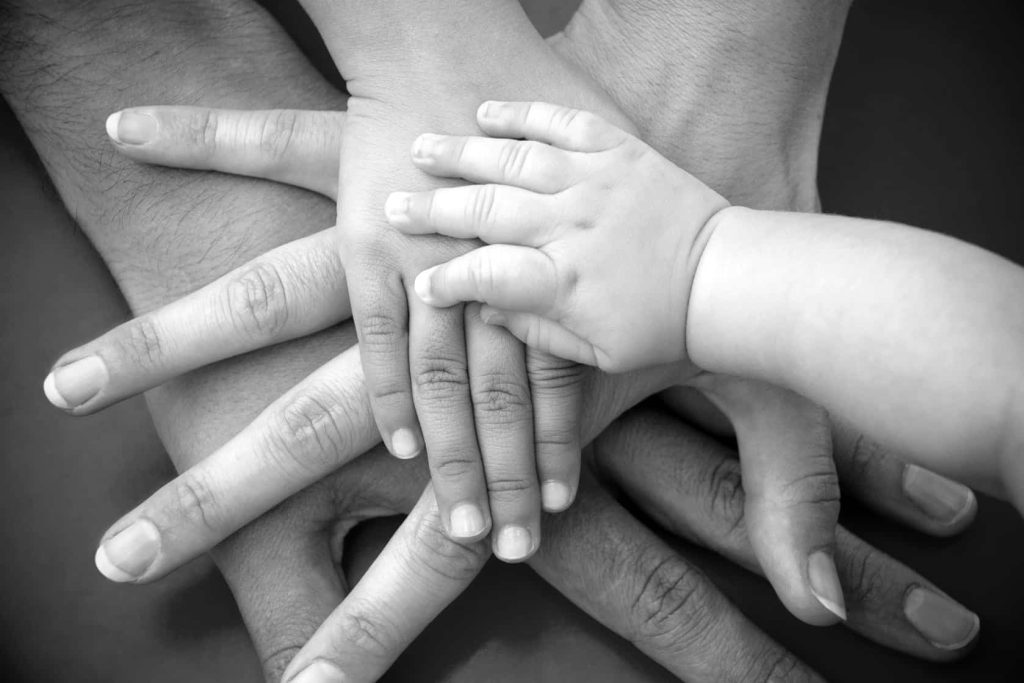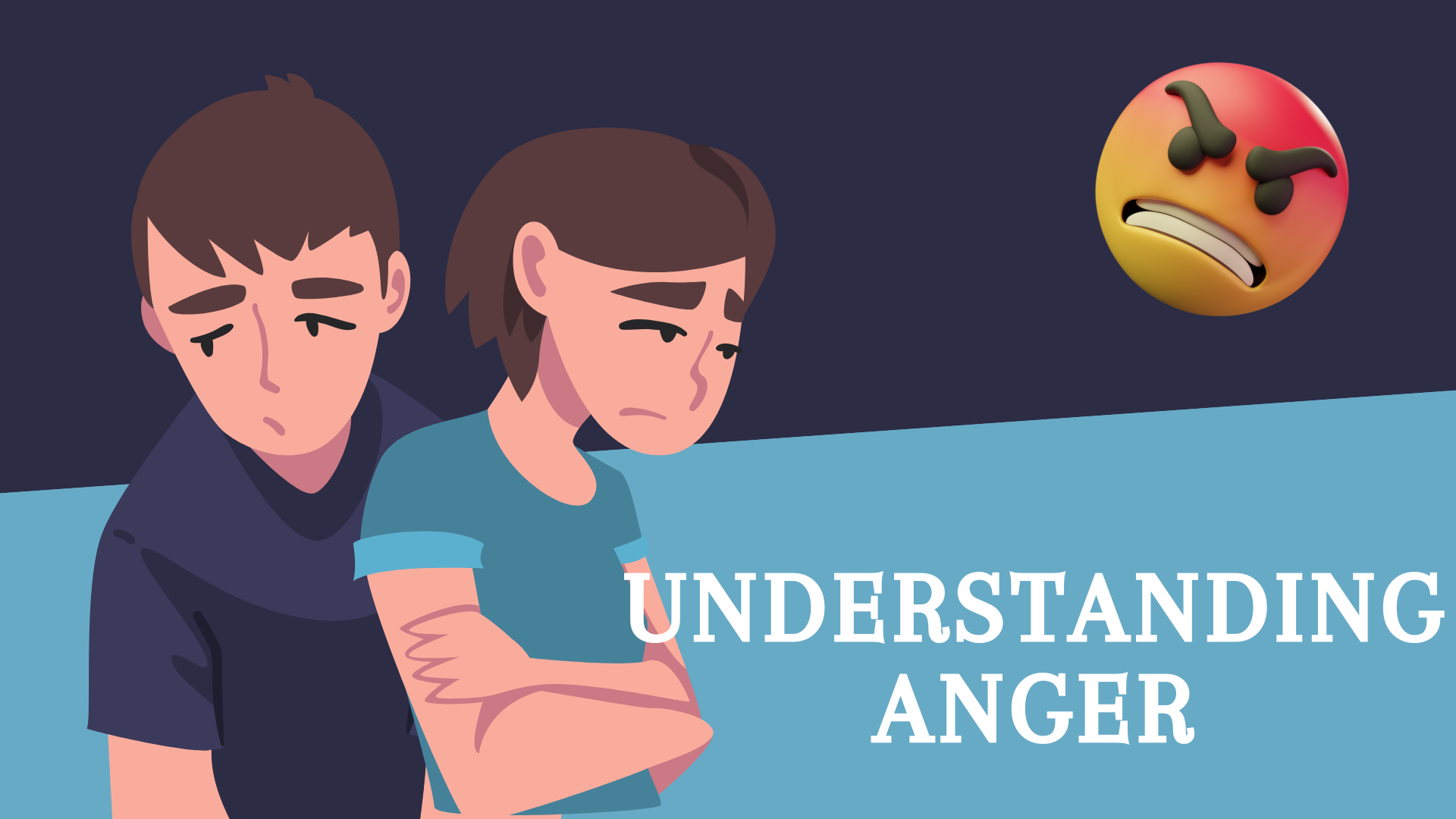Anger Issues
Anger Issues
Written By: Shaundtrya Ganasan, Licensed Counselor (KB11097)
Do you struggle with anger outbursts?
Do you find it tough to compose yourself during tense situations?
These could be some signs that you’re experiencing anger issues.
Anger issues are something that many of us may face. We often express our dissatisfaction through anger. Intense emotions are often suppressed which projects itself through anger.

Anger also serves as your protector from experiencing hurt and pain. Sometimes anger’s role as a protector may lead you towards strained relationships, unhealthy behaviors, and declined health conditions.
Hence by delving further into your anger, you can navigate the effects of anger, developing enhanced self-awareness and emotional regulation skills. A deeper understanding of anger sculpts a strong foundation in cultivating healthier responses to underlying emotions instead of projecting it as anger; creating more heartfelt connections with yourself and others.
Reminder: If you or your loved one are struggling with mental health issues, please don't hesitate to reach out to us at Soul Mechanics KD or Soul Mechanics Ipoh.
Remember, seeking help is not a sign of weakness but strength!
Anger as an Expression
Anger can never be a stand-alone emotion.
It is the projection of another emotion.

Observe the image above. Anger is always the tip of the iceberg. Beneath your anger, many underlying emotions are waiting to surface, which we often consciously or unconsciously push further down, manifesting as anger.
At the tip, anger often manifests through visible actions such as slamming doors, yelling, angry tears, silent treatments, or physical aggression. However, beneath the tip, lies a much larger iceberg of emotions, thoughts, experiences, and memories that fuels and fires the outward anger expression.
These submerged emotions under anger could be due to various factors such as:
Hurt and Pain
When you mask your sadness, hurt, or any other emotional discomfort or pain, over time it gradually shadows and manifests itself as anger.
Fear and Insecurity
Unacknowledged or pushed aside fears, vulnerabilities, or insecurities that you are reluctant to bring to the surface to manifest themselves as anger.
Unresolved Trauma
Past traumas or baggage such as neglect, abuse, or loss, that you may be ignoring often lingers beneath the tip. This influences the way you respond to stressors.
Frustration and Disappointment
Your broken dreams, hopes, unmet expectations, or failures often grow into shadows of disappointment and frustration, which also shows through anger.
Jealousy and Shame
Fear of our loved ones being taken away and feeling bad to think like that are related to jealousy and shame. Not acknowledging these feelings also leads to experiencing anger.
Guilt and Embarrassment
Guilt or feeling embarrassed can be strong emotions to be processed and regulated. Often you may cover these emotions with other copings, which may accumulate and be expressed through anger.
Tiredness, Hunger, and Lack of Sleep
Anger can also be a manifestation of your tiredness or need for quality sleep or food in your system. Neglecting these basic needs can lead to anger outbursts or irritation.
By diving deeper into your anger, you would be surprised to find many other underlying emotions that project themselves as anger. The bag may be anger, but when you unzip the bag, there are balls of surprising emotions. Therapy and self-reflection can be valuable strategies to understand and work on your anger.
Start your self-reflection journey with Soul Mechanics Journal. May your healing journey begin with us. You can purchase SM WHO Journal here.
Internalized Anger
Suppressed anger forms itself as internalized anger that often directs itself inwardly toward yourself rather than outwardly manifesting towards others. Unlike outwardly expressed anger, like aggressive behaviors or outbursts, internalized anger shows through subtle ways.

Below are some ways internalized anger manifests itself:
Self-Blame and Self-Criticism
You tend to engage in harsh self-critical behavior, holding yourself accountable for any shortcomings due to internalized anger. This can also make you feel inadequate and lose sense of self-worth.
Passive-Aggressive Actions
Passive-aggressive actions such as sarcasm, withholding affection or communication, or procrastination can be common if you internalize your anger. These behaviors are a way of expressing your inner turmoil subtly or indirectly outwards.
Constrained Relationship
Your relationship with loved ones can experience strain due to internalized anger as you may struggle to assert healthy boundaries or express your needs. This often leads to holding resentment, misunderstandings, and fading intimacy.
Mental Health Concerns
Mental health concerns such as anxiety, depression, addiction, and so on can be exacerbated if internalized anger is left unaddressed. It also leads you to experience emotional dysregulation and inner turmoil.
Physical Symptoms
Internalized anger can also form into physical symptoms, like insomnia, gut issues, or headaches. These are some physical manifestations of suppressed emotions.
Internalized anger can affect the way you perceive yourself and the world around you. It disconnects you from yourself, leading to a lost sense of self. It is recommended to work along with a trained therapist to understand and regulate your internalized anger; cultivating healthier coping skills and relationships with self and others.
If you feel that you or your loved ones are experiencing the effects of anger, or are unable to break free from anger patterns, seek a therapist's assistance. You can also reach out to our Kota Damansara and Ipoh branch admin to get further information. Seeking assistance can be the first stepping stone towards your healing.
Inter-generational Trauma’s Role

Inter-generational trauma; pain, abuse, fear, oppression, and so on that are passed down through the generational line. This form of trauma molds your perception and the relationship and perception you share with yourself, others, and the world. It also strongly influences the relationship you may have with anger. Generation trauma often shows in different forms from generation to generation.
Here are a few ways in which inter-generational trauma can influence your relationship with anger:
Emotional Dysregulation
The healthy development of your emotional regulation skills can be affected by inter-generational trauma as our caregivers may have also portrayed unhealthy emotional management. This may lead you to be more inclined towards unpredictable or intense anger outbursts.
Inherited Belief Systems
Familial belief systems and worldviews are often shaped by inter-generational trauma. This includes our perception and response towards authority, conflict management, and power. Often, for many of us, our in-tuned familial system or learned behavioral patterns may be the expression of anger towards triggers experienced; modeled by the previous generations.
Attachment and Relationship Patterns
Your attachment styles and how you deal with your interpersonal relationships are also influenced by inter-generational trauma to a certain extent. This trauma may lead you to experience difficulties in forming intimacy, trust, and emotional connections with others. Anger would also act as an asserting control in a relationship due to underlying insecurity.
Inter-generational trauma often plays one of the significant roles in shaping your very own relationship with anger. It also influences the way you regulate emotions, learned behavioral patterns, belief systems, relationships, and personal dynamics. Understanding inter-generational trauma’s impact is crucial to gradually break unhealthy generational cycles, leading to healing across generations.
Conclusion
In short, anger is deeper than what we perceive it to be. Have a cup of your favorite beverage with anger, it may not appear to be as the dark shadow but a wounded child waiting to tend to his or her pain. Healing what lies beneath your anger would lead to a more fulfilling life with yourself and more connectivity with your loved ones.
Now that we understand what anger is and the invisible threads attached to it. Let us broaden our insights on how to manage anger effectively and how therapy can be an essential aid in breaking unhealthy anger cycles in the next part.
Stay tuned for the next part of anger to understand further healthy anger management skills.
To heal anger is to understand it.
Shaundtrya Ganasan, Licensed Counselor (KB11097)
If you’re looking for a therapist in Kota Damansara or Ipoh area, you can click here for more information.
If you enjoyed reading this, why not broaden the horizon of knowledge by learning about "Inter-Generational Trauma"?
You can read the blog here.
For more content related to mental health do follow us on our official Instagram.

